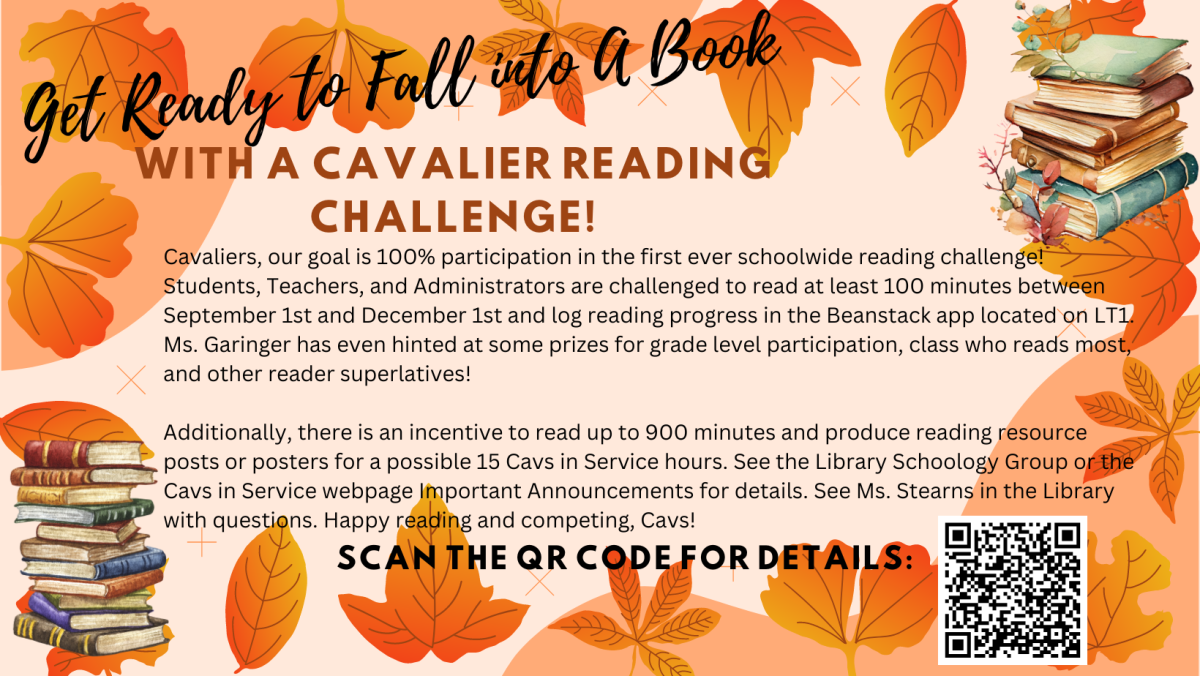Advanced Placement (AP) classes are notoriously difficult – at least, that’s how they’re advertised to students. Many students across the United States are intimidated by AP classes, especially when considering the daunting task of preparing for AP exams. So, if a student is wondering if a class will overwhelm their course load, it’s important to seek information about the rigor of that class directly from the source: the teachers themselves.
AP Calculus AB
AP Calculus AB is known for being an introduction to college-level math. Students are able to learn one college semester’s worth of calculus in that year, which is often seen as an easier alternative to Calculus BC. However, the AP label can still be intimidating to some students regardless of the class level. “I think the commitment to working everyday is a common challenge for students,” said Paul Schuler, the AP Calculus AB teacher at Lake Travis High School. “Turning in homework, prepping for quizzes, all of that gets harder throughout the school year.”
The course is described to be on par with other math classes taken at Lake Travis High School, with Schuler confirming it involves “roughly 30 minutes of homework at night.” Throughout the class, students will learn about the mathematics of rates of change, limits, derivatives, and much more.
A source of stress all throughout the year for students is the AP exam, which determines if students earn college credit for all their hard work throughout the year. However, Schuler is determined to help students do as well as possible with minimal stress. “Doing mock tests, practicing multiple choice and free response questions, studying with a calculator and no calculator, and just studying from the start of the school year to the end [will help you],” he reassures his students.
AP World History: Modern
AP World History: Modern is often one of the first AP classes high school students take, as it is offered to sophomores. However, it being a course for underclassmen often leads students to assume it is easier than other AP classes, which leaves unassuming students stressed about the actual amount of work required. “This class is very doable, it just depends on the student’s study skills and willingness to do the work,” said Stephanie Hartmann, one of the AP World History: Modern teachers at Lake Travis High School.
Throughout the school year, students learn about history from circa 1200 to present day. The wide range of concepts covered in this class means students must use their resources wisely, especially when it comes to lessons they are unfamiliar with. “Not studying or preparing yourself in advance for the AP exam is detrimental for students,” said Hartmann. Hartmann emphasizes supporting and encouraging her students to succeed, especially because of how difficult and demanding AP World History can be.
AP World History students are encouraged to devote significant study time to this course, but also to ask their teachers for clarification when needed. “Studying and reaching out to us teachers when you’re struggling is important for success in this class,” said Hartmann. Teachers advise students to practice for the AP exam by timing their writing and multiple choice practices, improving their literary analysis skills, and studying as much as they can in advance.
AP English Language and Composition
AP English Language and Composition is mostly commonly taken in students’ junior year of high school. This course is known for the analysis, comprehension, and argumentation of non-fiction texts through the perspective of the author.
Although students are well-prepared for upper-level English courses by their English I and II teachers, the work required of AP English Language can still be daunting. “The most common challenge is being able to quickly read difficult texts and then being able to write an essay about it in 40 minutes,” said Kathryn Knox, an English teacher at Lake Travis High School. “It’s something students have to train for like they would for a marathon.”
Even with class time being used productively, students are still expected to spend at least one hour on the homework they are given each class. These assignments include, but are not limited to, annotating texts, writing rhetorical analysis, and reading through articles. Though this daily workload sounds stressful, Knox advises students that they can succeed by learning to manage their homework and school work effectively. “Do your A-Day homework on A-Days and do your B-Day homework on B-days. Students are more likely to forget about the assignment the more they procrastinate, so being able to keep up this schedule and manage your time effectively greatly improves students’ success,” said Knox.
The AP exam is unique in that it requires different study methods than, say, a math course. Unlike math, students don’t have to memorize certain formulas or resources, but they need to instead practice their ability to synthesize information at a rapid pace. Knox advises students to use study guides provided in class and online for their best chance at success come time for the AP exam.
AP Physics 1
AP Physics 1 is one of three physics classes offered at Lake Travis High School. In this course, students will learn about kinematics, dynamics, and energy through an algebraic lens. Depending on students’ math experience, this class can be considered a moderately difficult class or an extremely difficult class, making it an intimidating option for rising upperclassmen.
Mr. Simmons, one of the physics teachers at LTHS, highlights the importance of connecting math and science concepts within any physics course. “Tapping into skills students learned previously is a common challenge,” said Simmons. “We do a lot of older math in this class, so algebra and geometry skills are extremely important to know and understand throughout this course.”
Although the complex content of the course is daunting, the course load itself is described to be lighter than expected, with homework not being given out often. Studying, on the other hand, is expected to be done on a student’s own time and to be handled responsibly and diligently throughout the year. “Not falling behind and being on top of your work throughout the year [is extremely important], especially since the course builds on every single unit,” said Simmons.
The reputation of AP Physics 1 is not the most positive, but it is a helpful and highly recommended class for all highly achieving students and for people who are looking for an extra challenge.




























